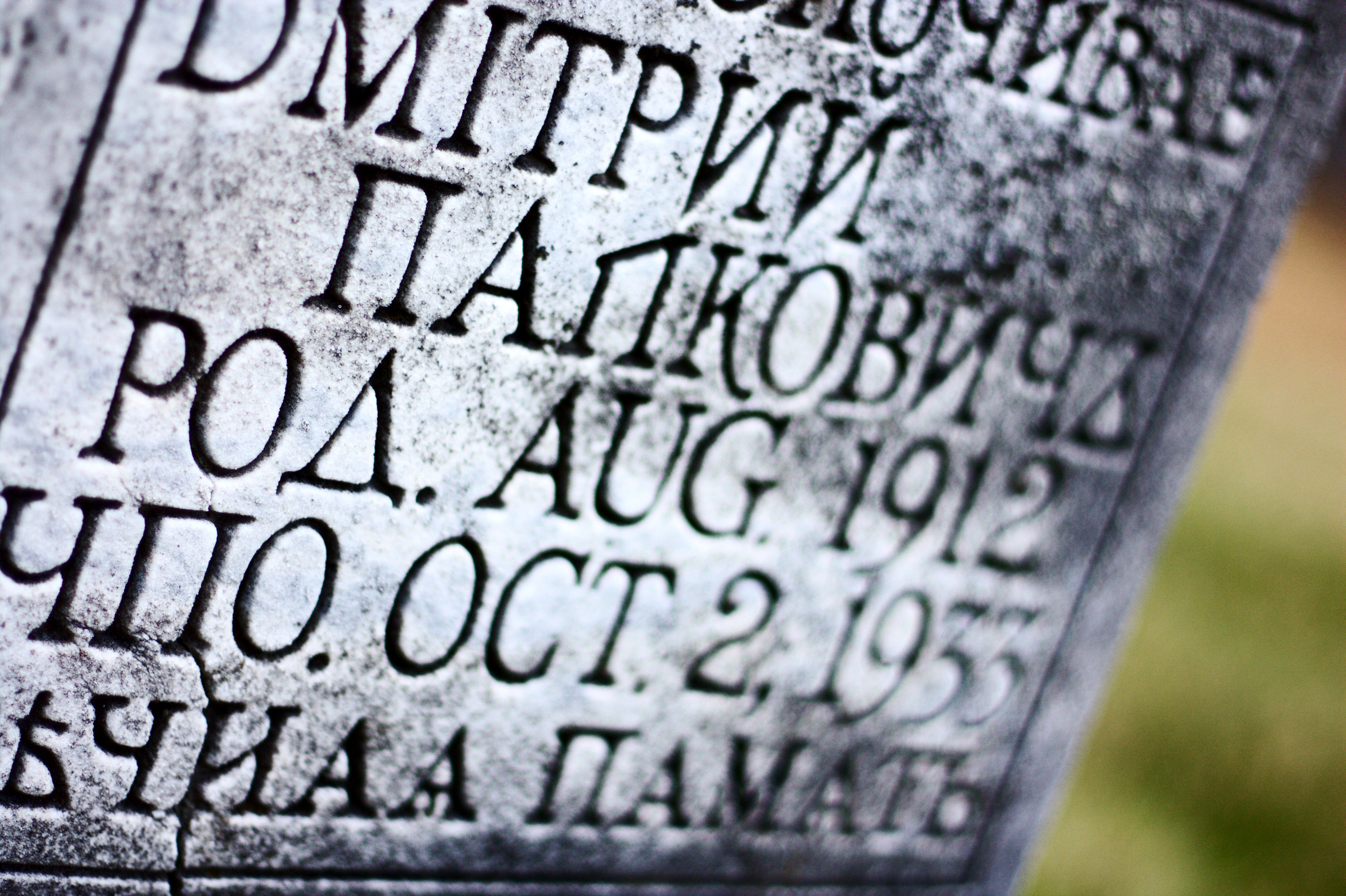Minefield: What Centralia Left Behind
Coal Country
Driving up US Route 15 past Gettysburg, PA I swerve in my lane while attempting to gawk at golden valleys bounded by trees covered in orange and yellow leaves.
Despite the clouds overhead, everything feels bright and open. The farmhouses are picturesque, the views go on forever, and people are still
willing to go outside and brave the cold. All this changes, however, as I turn east and climb into the mountains. Here the towns are farther apart, the
trees have lost their leaves, and each hillside is a grey wall. Gigantic piles of rocks topped with barbed wire fences signal the beginning of coal country,
and now I'm uneasy.
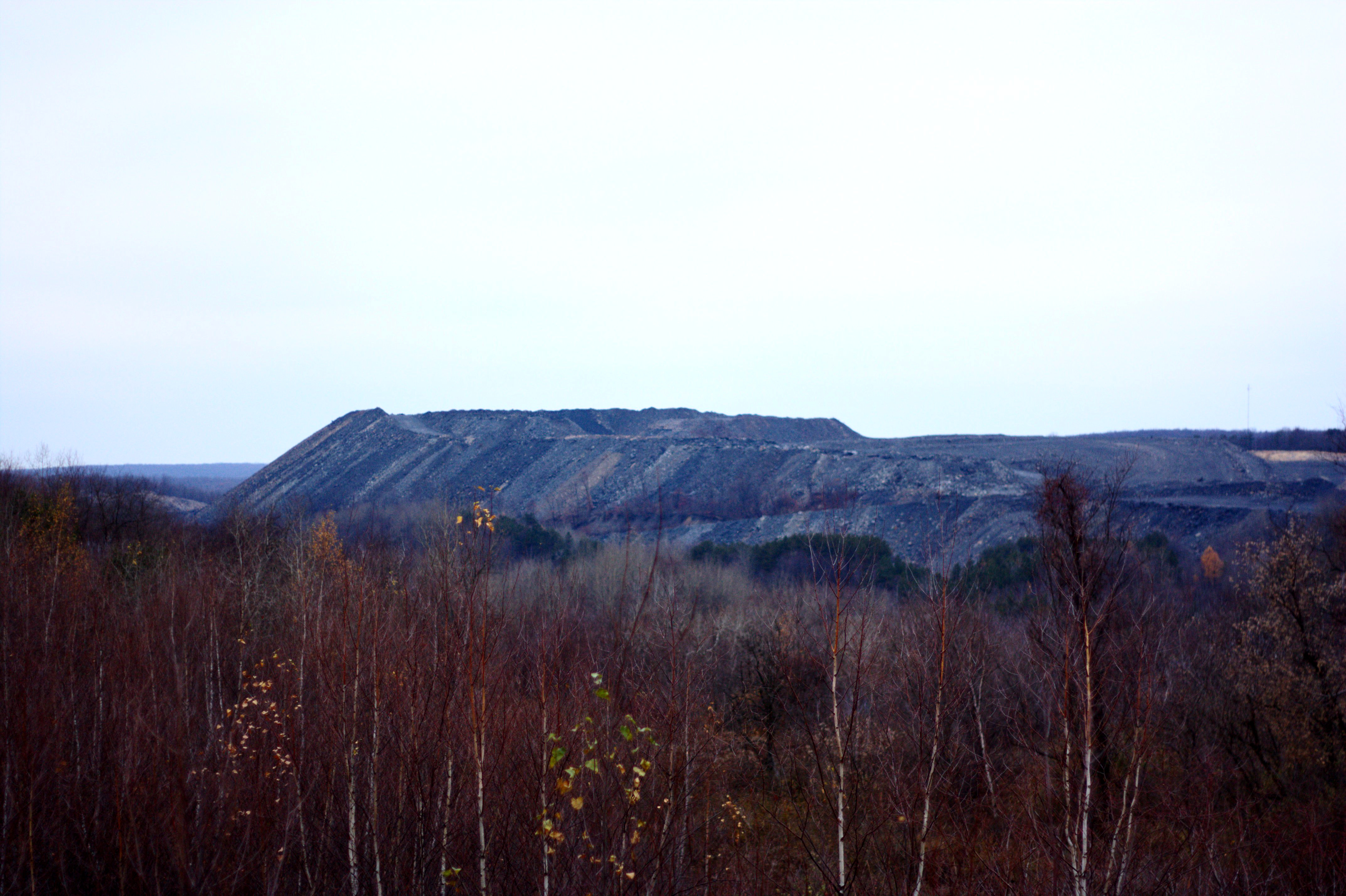
Centralia, PA, my destination, is a largely abandoned town; the most recent Census counted five households and ten residents. At its peak, Centralia's
population was over 2,700 and it had fourteen general and grocery stores. After the 1929 stock market crash, however, several area mines were closed.
People left until only 1,986 remained in 1950. Early mining activity was dangerous, with children as
young as seven working for a dollar a week in the 19th century. Mines lacked proper ventilation and emergency exits. One nearby fire killed 110 miners in
one day and inspired thousands of their colleagues to join the Workingmen's Benevolent Association, a local coal mining union. Most miners were Irish
immigrants and a gang known as the Molly Maguires (likely not sanctioned by the WBA) carried out acts of violence against what they saw as industrial
interests. Franklin B. Gowen, president of the Philadelphia and Reading Railroad, owned many of the area's mines and sought to take down the WBA. After
cutting worker pay by 20% and forcing a strike, he hired a private detective and vigilantes to spy on and murder the Mollies. He started a war.
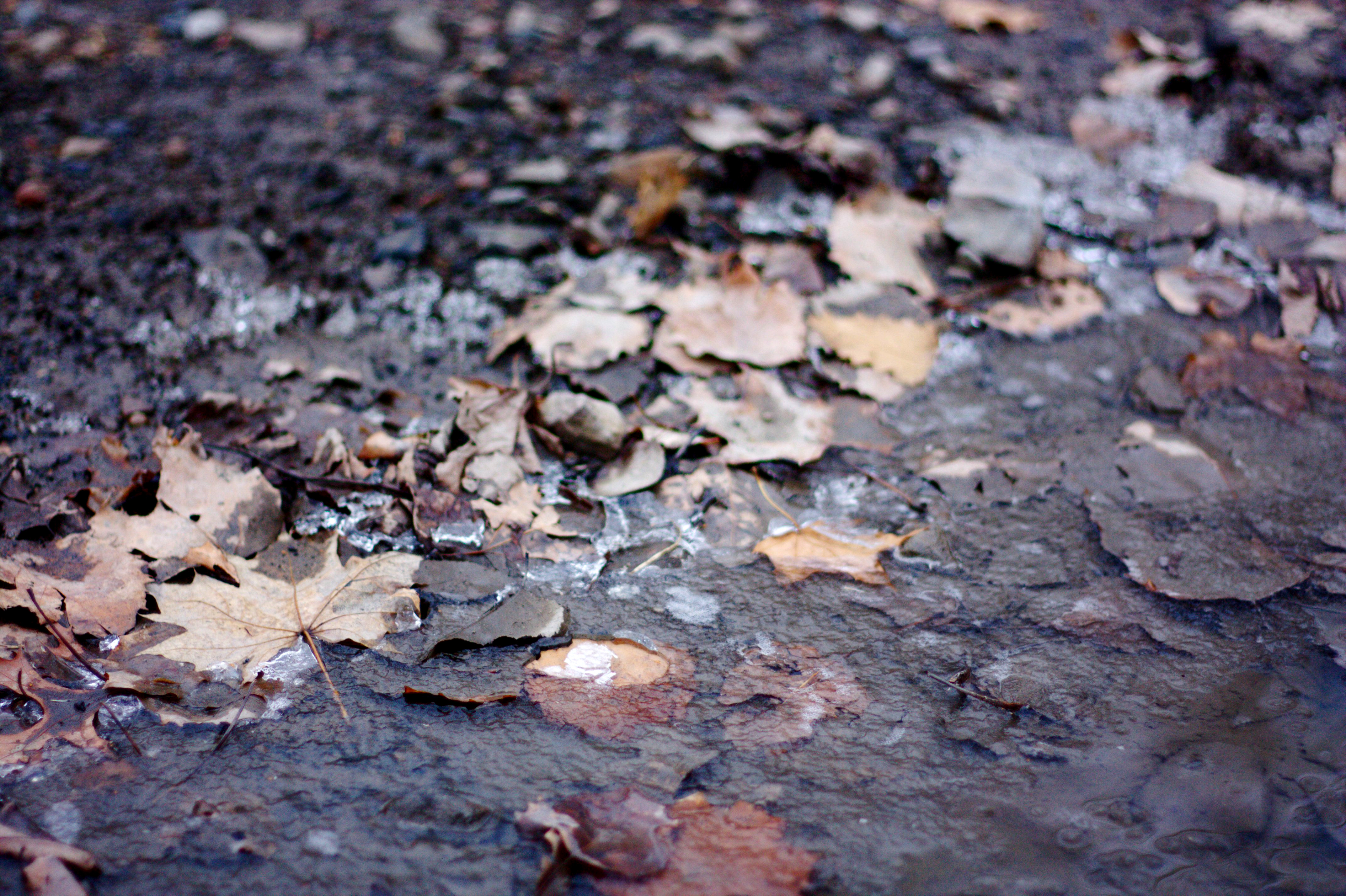
Judge, Jury, and Executioner
Gowen's detective reported the names of suspected Mollies to his superiors only to find out later that the wife of one suspect was killed in an attack on
her home by unknown persons. He attempted to resign but was convinced to stay. The Mollies retaliated and Gowen took the opportunity to smear them in the
press. Local police arrested and imprisoned union leadership, destroying the organization and forcing workers to take the 20% pay cut - this after they spent
six months starving and struggling to survive. After widespread and gruesome violence (one man was crucified in the woods) several Molly Maguires were
arrested and Gowen appointed himself special prosecutor. Despite a lack of evidence the court sentenced over a dozen men to death and executed them within a
year. One defendant was posthumously pardoned in 1979; the rest are still guilty according to the State of Pennsylvania.
What Followed
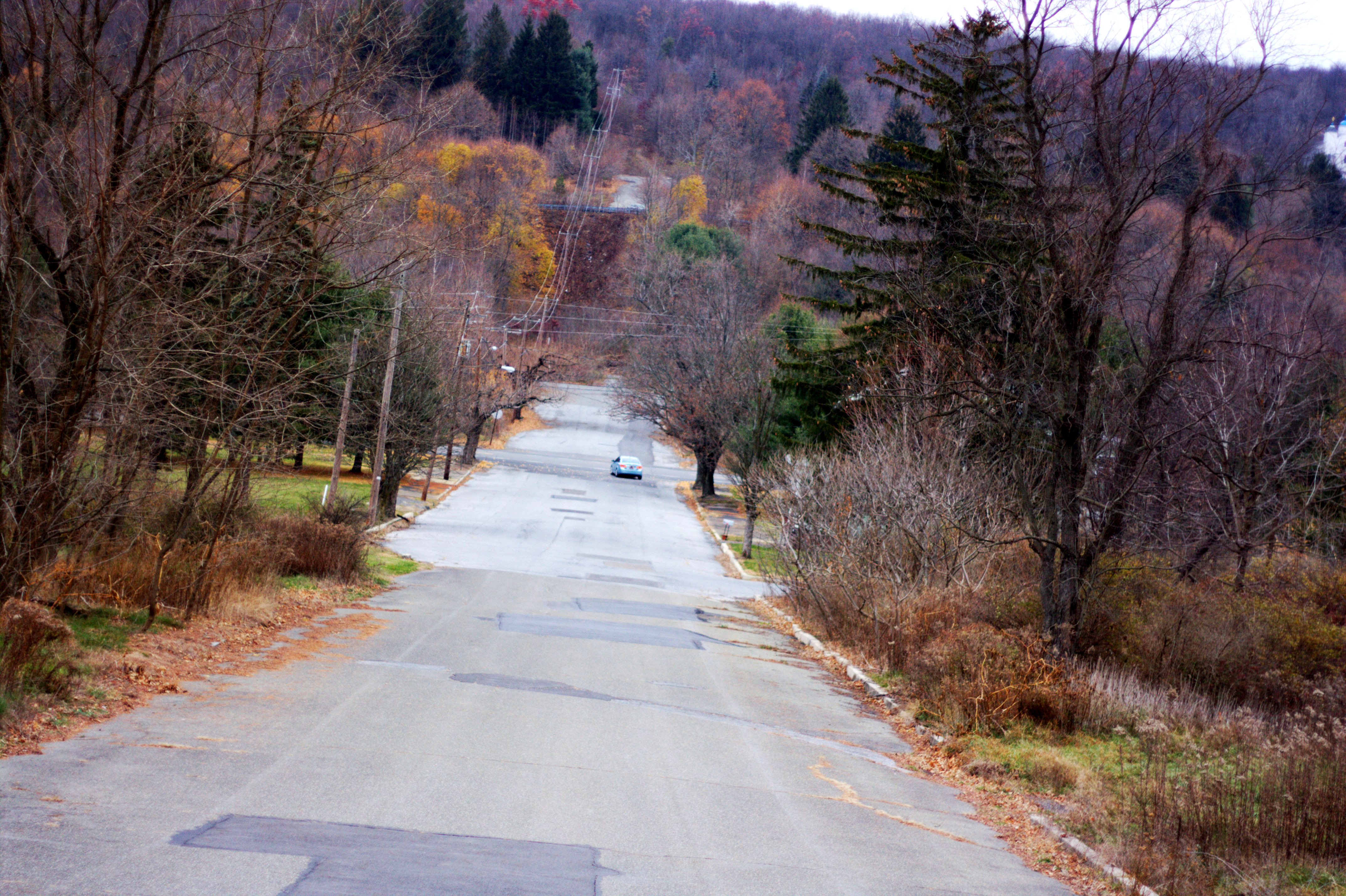
Centralia eventually went into decline although most residents still worked the mines. On May 27, 1962 fire fighters set fire to the town trash heap
to clear it for future usage. This time, however, the fire made contact with an abandoned mine shaft and lit
up a complex underground network of coal. For months afterward officials tried to excavate and vent the area, but were unable to extinguish the flames.
Toxic gases seeped out from below and parts of the town began to collapse. Residents were informed that nothing could be done. The mines that made their
town had finally destroyed it.
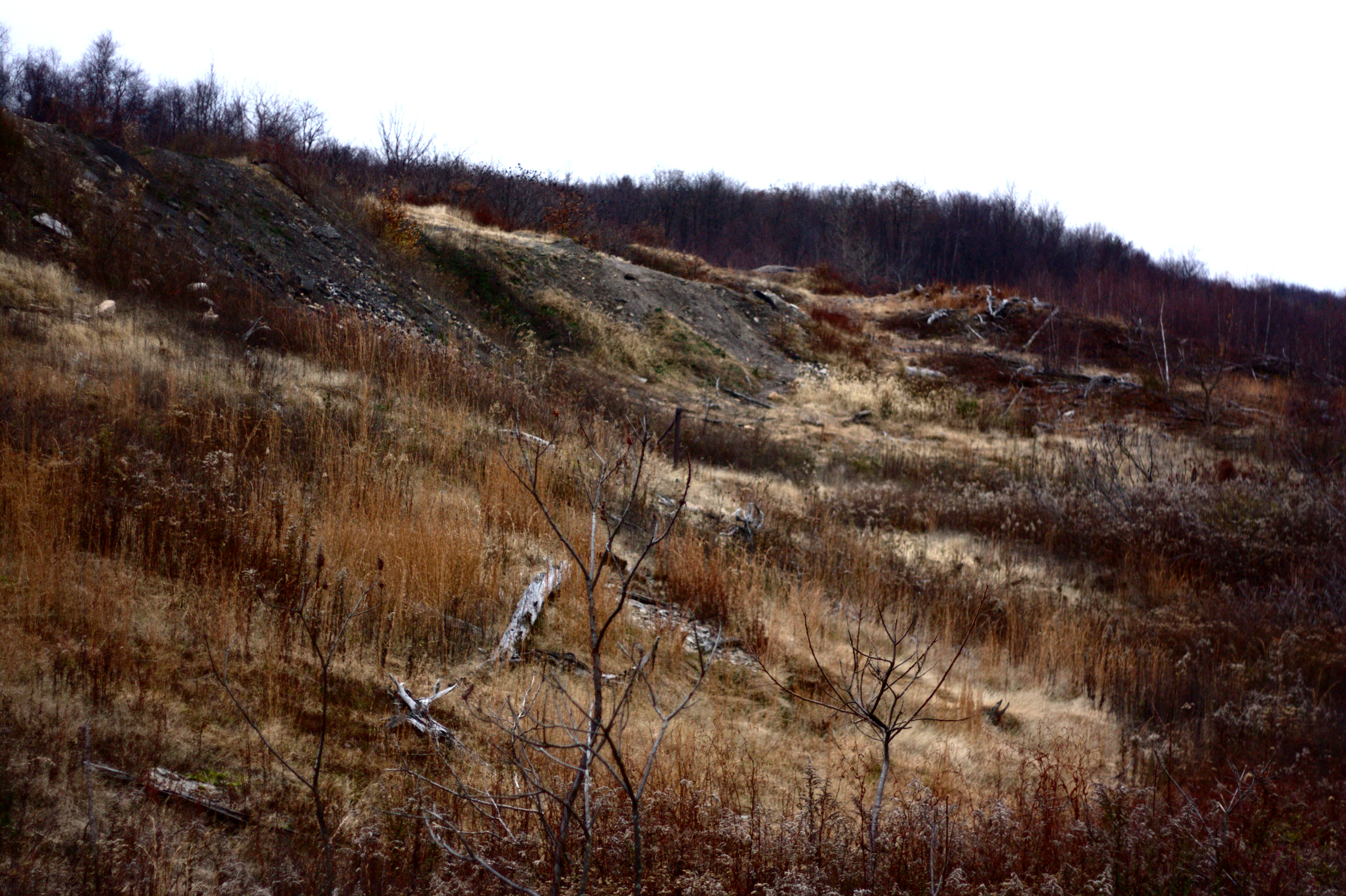
Today
Wisps of steam still escape from warm areas of subsidence in Centralia's trash heap. Fire was even visible at the surface at some point in the 80's. Much
of the town has disappeared and locals use it as a place to walk dogs and ride dirt bikes. I heard gunfire in the distance and remembered it was deer season.
Part of Highway 61 was rerouted around the original road, which is now cracked, misshapen, and covered in graffiti.
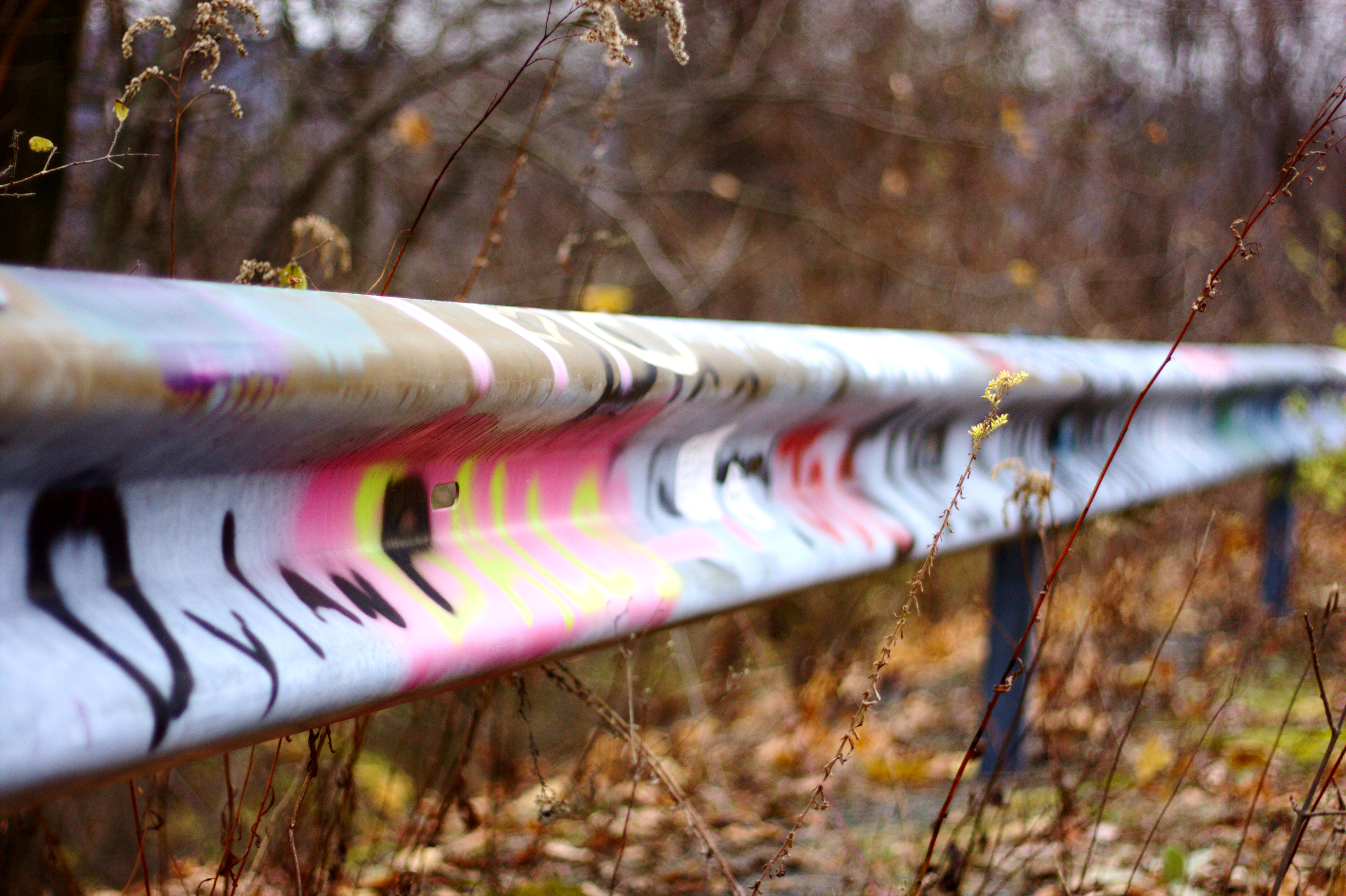
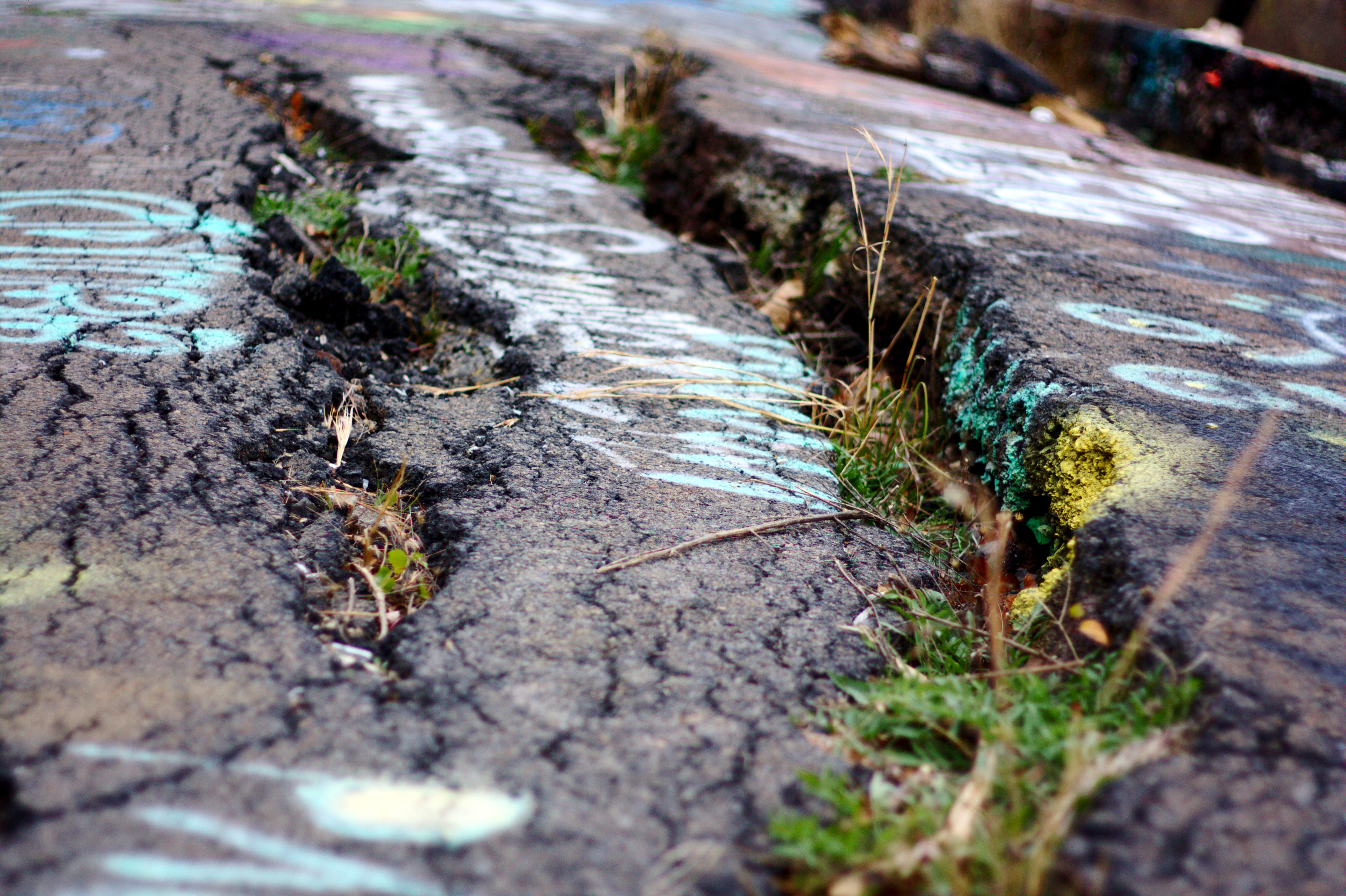
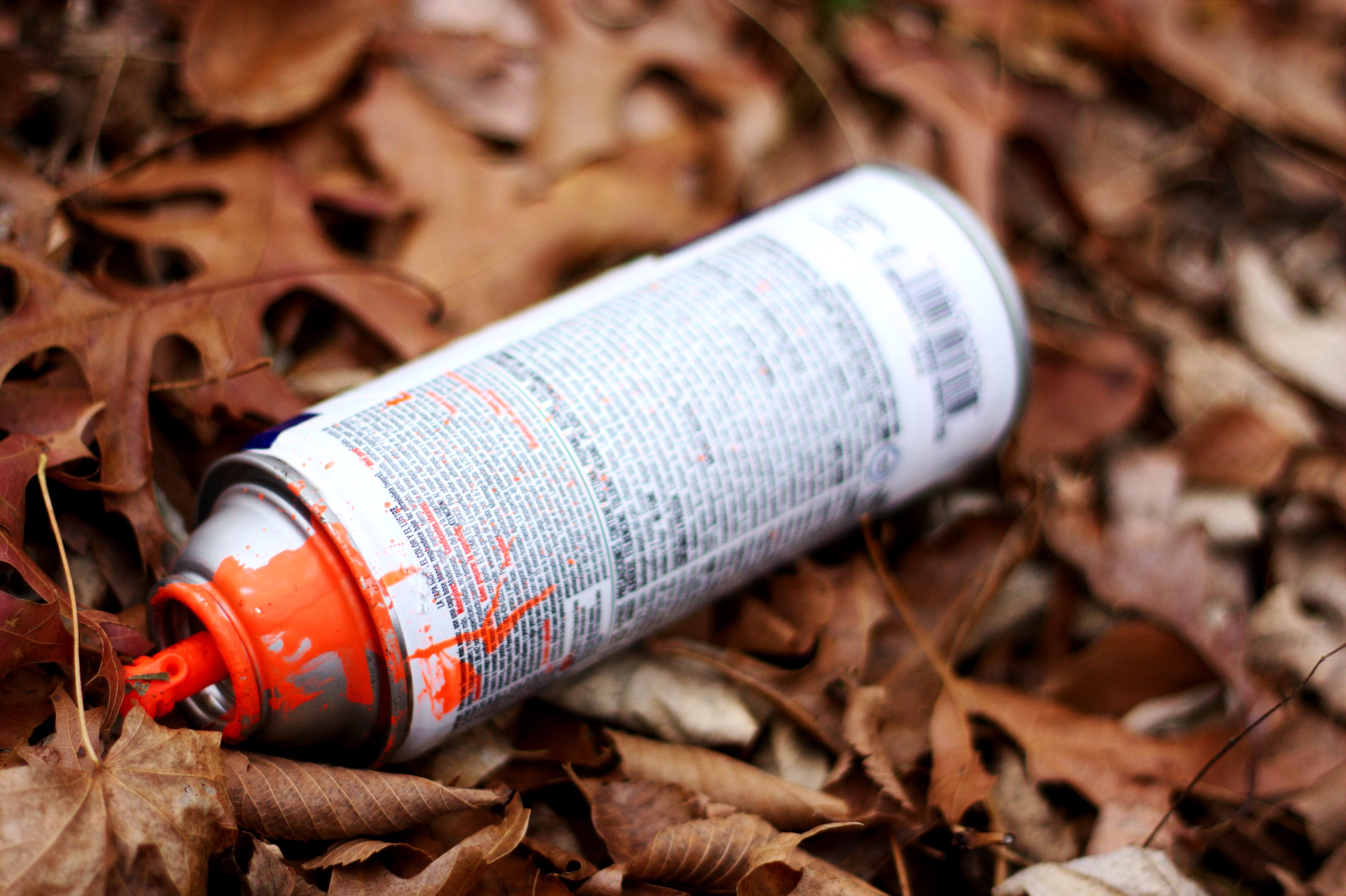
The town has four graveyards, the smallest belonging to a Greek-Ukranian community which seems to have arrived in the late 19th to early 20th
century judging by its headstones. These places are Centralia's archive, the only permanent objects bearing names of people who lived here. Once these stones
overlooked streets full of homes and playing children. Families decorated their houses for Christmas and attended church potlucks. Now the streets
are empty and silent, disturbed only by the occasional traveller come to see a steaming pit covered in graffiti.
